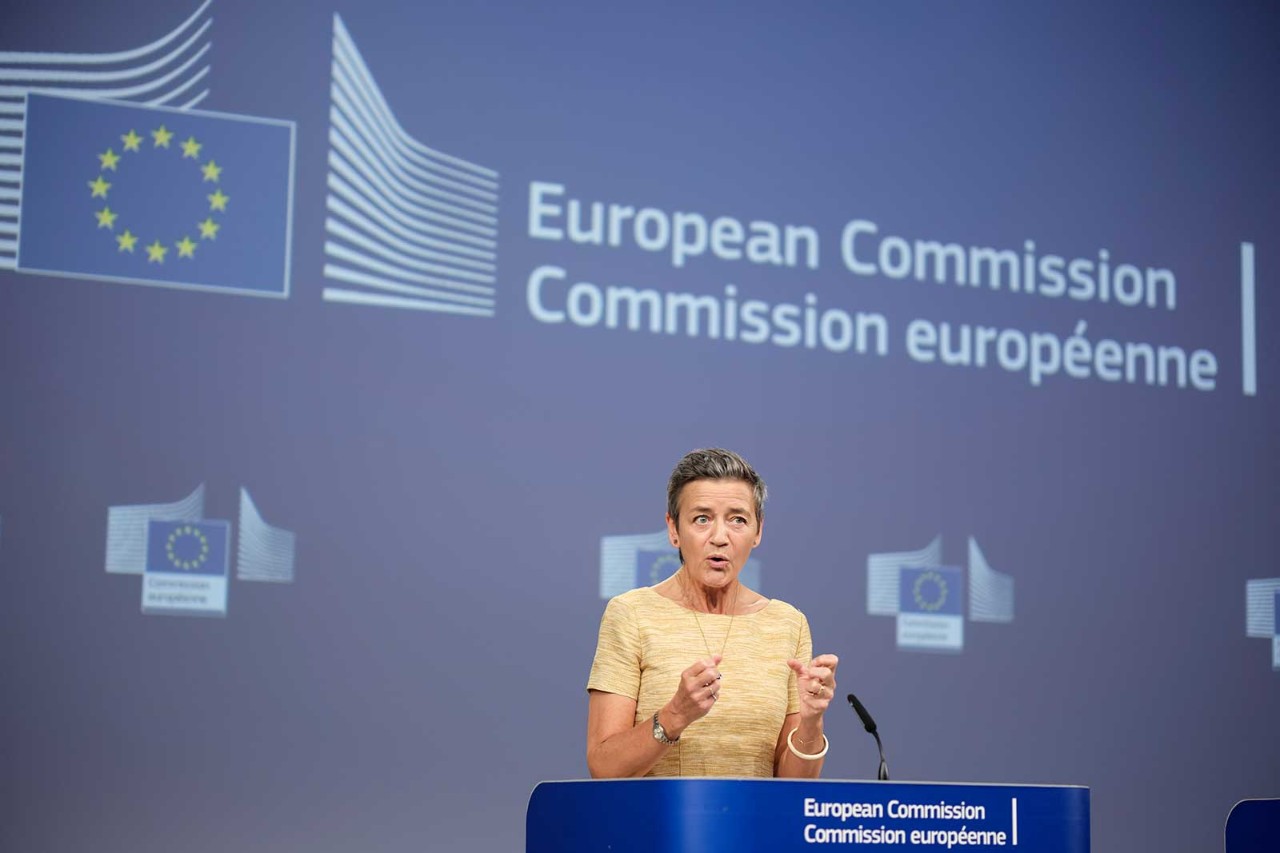
EU report on taxation
The European Commission's Annual Report on Taxation 2024 presents an analysis of the design and performance of EU member states’ taxation systems in 2022. France was noted as having the highest tax to GDP ratio of 46.2% and Ireland the lowest at 20.9%, although it was highlighted that the flow of foreign investment distorted the Irish figures.
Ireland is the EU country with the largest share of revenues from capital taxes
The report states that Ireland (32%) and Luxembourg (29%) are the EU countries with the largest share of revenues from capital taxes. The lowest headline corporation tax rates are to be found in Bulgaria (10%) and Hungary (9%), with the highest rate in Malta at 35%. However, the headline rates are adjusted to reflect the potential de facto cost that taxes represent for an investment decision. Spain (32.4%) and Germany (28.2%) report the highest rates, with rates in Hungary at 19.3% and Bulgaria at 9.0%.
IAASA standards
The July edition of the Irish Auditing & Accounting Supervisory Authority (IAASA) newsletter is available. It includes updates on assurance of corporate sustainability reporting in Ireland, recent revisions to ISA (Ireland) 505, External Confirmation, proposed revision of the Ethical Standard for Auditors (Ireland) and international developments.
UK audit issues
In its Annual Enforcement Review 2024, the UK's Financial Reporting Council (FRC) identified a number of specific issues, all of which have resonance in Ireland.
- not properly understanding the entity being audited, including the businesses risks, leading to inadequate auditing of those risks (ISA 315 and ISA 330)
- not exercising professional scepticism (ISA 200), not having a questioning mind and not critically assessing the audit evidence
- accounting for long-term contracts: not auditing the judgments and estimates involved, and not fully understanding the terms and conditions in the contract
- going concern: failure to evaluate and challenge management's assessment of their ability to continue as a going concern.
The FRC meted out fines amounting to £48.2m
Fines were meted out amounting to £48.2m, with the highest, £30m, relating to the Carillion case. Total financial sanctions imposed on audit partners in the period to 31 March 2024 amounted to £1m from nine individuals. Appendix A to the review should be compulsory reading for all auditors as it summarises the issues identified in each of the FRC reviews concluded during 2023/24.
Audit quality
The FRC's Annual Review of Audit Quality provides an overview of its assessment of quality among the audit firms with the largest share of the UK public interest entity market. The report also notes some challenges for the audit sector in the UK including: the future of the profession; barriers to entry for smaller firms; de-risking by larger firms; the growing prevalence of AI; and the expansion of private equity in the sector.
Common findings on individual audits are noted as continuing to be in the audit of revenue (especially testing contracts) and areas of estimation and judgment (including impairment of non-current assets). Findings in the audit of provisions and journals were also mentioned.
EFRAG has released a study on early implementation of ESRS by selected EU companies
In terms of market talent trends, the report notes that issues include a move to global recruitment and the use of offshore delivery centres, excess overtime, time pressure, work/life balance and recruiting and retaining adequately skilled staff.
ESRS
EFRAG has released a study on early implementation of European Sustainability Reporting Standards by selected EU companies.
Sustainability reporting
The IAASA has issued a letter to audit committee chairs regarding the preparation of sustainability reports and the monitoring of the assurance process.
FRS 101
FRS 101 is a full IFRS Accounting Standard but with a reduced level of disclosure, and is used by subsidiaries of companies reporting under IFRS Standards. Changes include a disclosure exemption from presenting certain comparative information, and a conditional exemption for qualifying entities in respect of certain disclosures about supplier finance arrangements required by IAS 7, Statement of Cash Flows. Read the revised standard.



